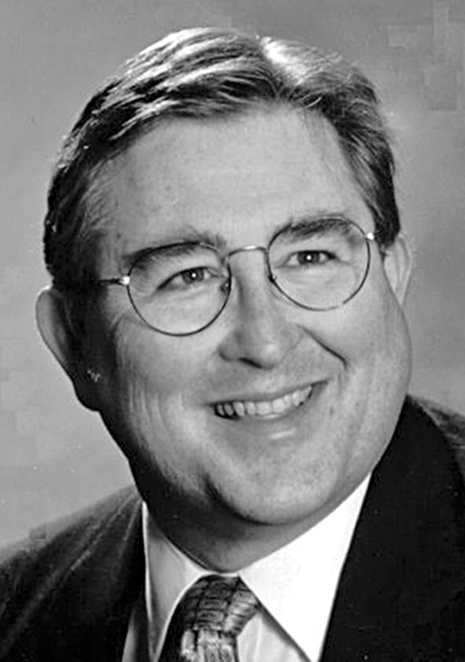By Danny Crownover
One of the most interesting of the old timers who contributed much to the early development of Gadsden and Attalla was Rufus B. Rhea. He was born in the Cherokee Nation near Attalla on August 26, 1832 and died on Jan. 4, 1908. Rhea operated a fine and prosperous farm near what became Lake Rhea, a property that was in the hands of his family.
Rhea’s father, Lewis L. Rhea, brought his entire family and slaves from North Carolina in the late 1830s, so Rufus was a small boy when the Indians were removed from this region. Being friendly with the Indians, he bought much land from them and entered it when the U.S. government took over. This land included the site of the Kahn Mills, the pipe shop and the iron ore hill around Attalla.
Lewis L. Rhea entered 40 acres that he sold to Joseph Hughes on July 14, 1846, a section that became part of the townsite of the original Gadsden. The elder Rhea was known as Lucky Luke because of his skill in piloting rafts of cattle, grain and other produce over the rapids of Coosa River from Greensport to Wetumpka and Mobile. Rufus Rhea also engaged in that traffic.
Rufus Rhea ran away from home when he was 17 years old and ended up near Sacramento, California, during the gold rush. He minded gold for seven years in the Rocky Mountain region and returned to Attalla just after the Civil War began.
The Tennessee & Coosa Railroad was then being built, largely with Irish laborers imported directly from Ireland. Having decided to join the Confederate army, Rufus canvassed the railroad construction camps and enlisted a company among the Irish laborers, his company being assigned to the 19th Alabama Regiment, with himself as captain. Rufus was wounded at the Battle of Shiloh when a bullet passed through his right shoulder. He was invalided home, and while on that medical furlough, he decided to ride his prize saddle horse around Gadsden.
At the time, Rufus Rhea was close friends with Rufus Sansom, brother of Emma Sansom, who also was injured and on leave. There is a story where they heard Union Colonel Abel Streight’s raiders coming through and decided to hide under the Wills Creek Bridge as Streight crossed over it. As both Rufuses neared Black Creek, they ran into a detachment of Union soldiers and were captured. They were made to dismount, and a Yankee lieutenant mounted Rhea’s horse and had him to walk several miles to a point just above Gadsden when the Unionists were captured by rebels and the captain was released.
Rufus Rhea sought out the lieutenant, recovered his horse and forced the lieutenant to walk back to Gadsden. He used to laugh when he recalled that he had begged the lieutenant to take good care of his horse.
After recovering somewhat from his wound, Rhea returned to duty and was appointed custodian and manager of a hospital at Tiner, Tennessee, a Union stronghold. The owners would not give up the keys to the stores and other buildings, so Captain Rhea organized a squad and began battering in the doors with a large log. The owners then came running with their keys and the buildings were converted into a hospital for the wounded Confederates.
Rufus Rhea married Rebecca Jane King on the rocks overlooking Noccalula Falls on June 4, 1862. Joe Rhea, wealthy businessman of Attalla and Gadsden, was their son. Joe had in his possession a lea-ther trunk and a sword that his father carried with him throughout the Civil War.
A local newspaper wrote about Rufus Rhea upon his death:
“Rufus B. Rhea was one of the most prominent and substantial citizens of Etowah County, a gallant captain in the Confederate army and a wheel horse in the Democratic party. He died at his home near Attalla Saturday morning at 6 o’clock. Mr. Rhea had been sick for a long time but had been confined to his room only a few days.
“His death came as a shock to his friends in Gadsden and it will cause widespread regret in the county, for Captain Rhea was as well-known in Eto-wah [County] as any of its citizens. He was a man who naturally attracted others to him, and he made friends, warm ones, wherever he went. He was a soldier of the Confederacy and a better fighter never entered the army of either side.
“After the war, he had much to do with shaping affairs in this county. His father Luke Rhea was widely famous as a riverman long before steamboats plied the Coosa River, and when the longest reaches of the river were vast wilderness, he barged cotton to Wetumpka, then the largest inland cotton market in the world, carrying his rafts over rapids which government engineers have failed to make navigable to this day.
“Captain Rhea was a farmer always, sometimes a merchant, and one-time postmaster at Attalla, being appointed to the office by President Cleveland. Besides his wife, sons Joe and Doug survive him. W.H. Rhea of Attalla is a brother. The funeral will take place Sunday afternoon at 2; the services be in charge of the Masons. The interment will be in the city cemetery at Attalla.”





